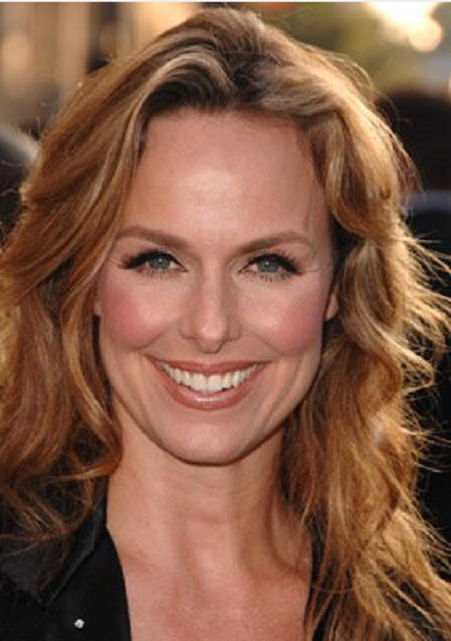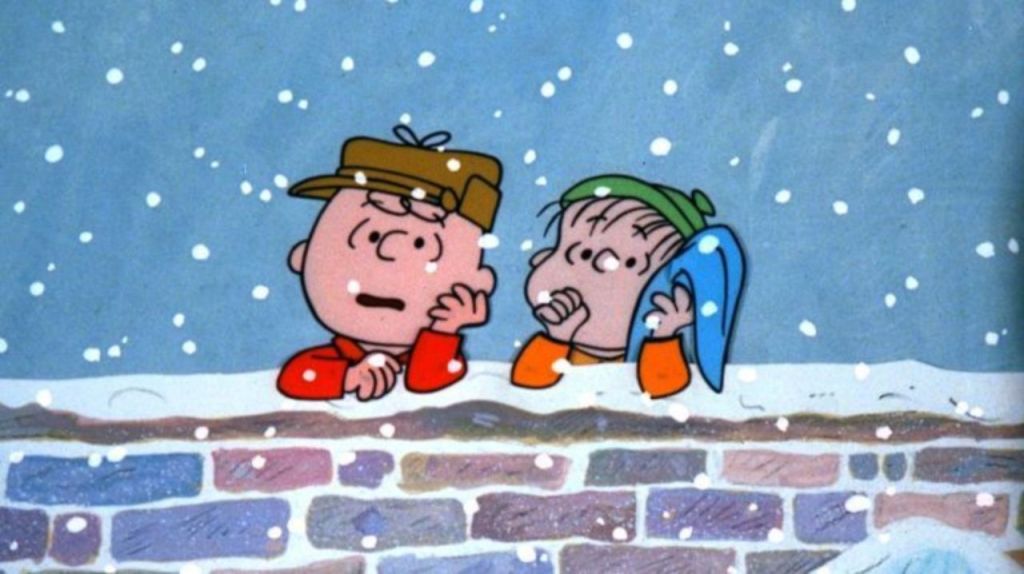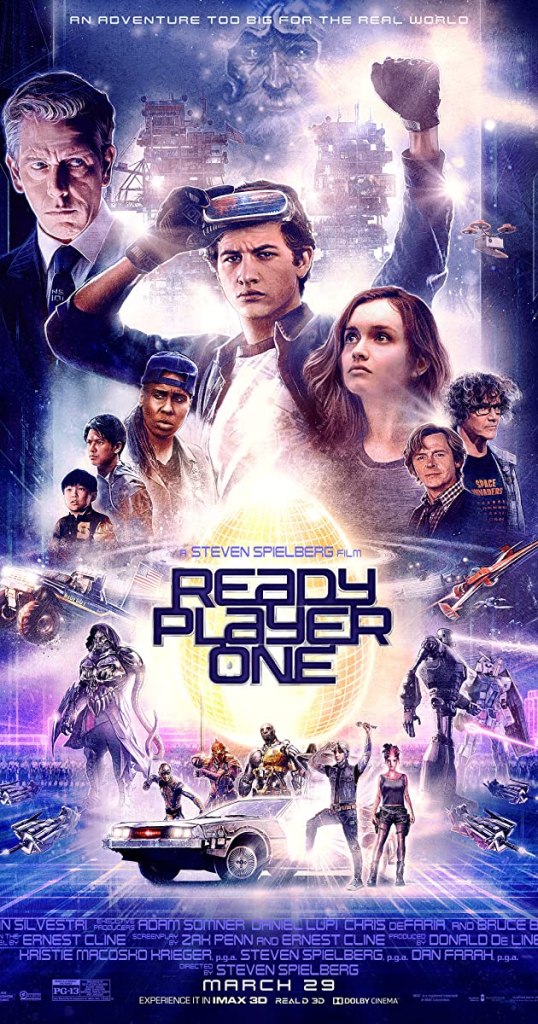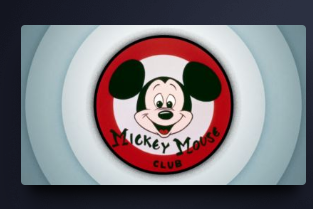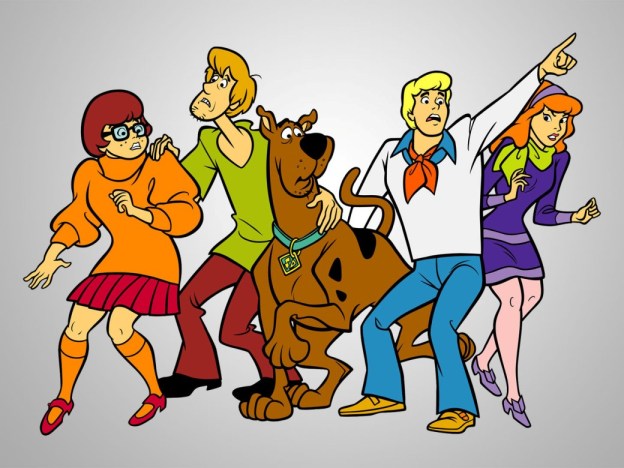By Tom Holste
Jan. 15, 2022
After having nearly 30 years to think about it, NBC has finally changed its mind about canceling Quantum Leap.
On Thursday, the network announced that they have greenlit a new pilot that aims to continue the time-travel series that first aired from 1989 to 1993. While only a pilot episode has been ordered at this point (which NBC could still reject), one hopes the pilot is good and that NBC will commit to the series. Adding to the excitement is that Donald P. Bellisario, the creator of the series, and Deborah Pratt, who wrote some of the best episodes, are also involved with the revival.
In the original series, scientist Sam Beckett did an experiment that went (in the words of the show) “a little ca-ca.” Instead of going back in time as himself, he found that he had “leaped” into someone else’s life, and that someone (probably God) wanted Sam to fix history in this person’s life before he could “leap” again. Sam kept leaping through time into different people, and (as the opening of the show said) “putting right what once went wrong, and hoping each time that his next leap would be the leap home.”

(Spoilers follow.)
When the show was abruptly canceled at the end of its fifth season, the final episode (apparently not entirely intended to be such) was surreal and confusing, and then the audience got a hastily tagged-on title card that read, “Dr. Sam Beckett never returned home.” After that emotional punch in the gut, many fans (myself included) begged for years – decades, even – for a proper follow-up, but we’ve gone unheard … until now.
I feel a mix of emotions about the announcement – some happy, some sad, most merely wondering. The following are my various thoughts about the relaunch.
Filling the gap left by Al. If this had been, say, 2009 (the 20th anniversary of the show), my reaction would have been unironic giddiness. Unfortunately, in some ways, the timing could not have been worse. There were only two stars on the show–-Scott Bakula and Dean Stockwell–-and their chemistry was a key part of the program’s success.
Stockwell played Al, someone from Sam’s own time who could communicate with him via hologram, and give him information about each mission.
Unfortunately, Stockwell passed away two months ago, making any reunion impossible. Maybe the writers can bring in Al’s wife or one of his daughters to try to bring some closure to the story, but it won’t be quite the same. Speaking of closure…
Will Sam come home? As mentioned earlier, Sam’s story was given an abrupt but definite ending in the original series. It didn’t say that Sam hadn’t come home yet; it said he never came home. Will the writers override the previous ending now that there’s a chance to continue, delighting many fans (again, including me) but breaking the continuity, or will Sam remain unstuck in time?
(Back on a panel at Dragon Con in 2000, when discussing the QL finale, I remember noting that even if history says that Sam Beckett never came home, Sam Beckett has been known to change history.)
Of course, there’s always a possibility that a new story could be a simple reboot, but…
Original continuity. The synopsis for the new series leaves one very hopeful that the original storyline is being continued: “It’s been 30 years since Dr. Sam Beckett stepped into the Quantum Leap accelerator and vanished. Now a new team has been assembled to restart the project in the hopes of understanding the mysteries behind the machine and the man who created it.”
Indeed, most articles have referred to the new QL as a “sequel” series rather than a reboot, which is especially encouraging. Bakula has long championed the idea of returning to the role, so we know he’d show up even if it’s just for an occasional guest-starring appearance. Speaking of which…
Who’s the new leaper(s)? As much as I would be happy seeing Bakula as Sam leaping again in one episode after the next, the writing staff has already mentioned “a new team,” and that seems like a natural progression for the show, in the same way that Star Trek: The Next Generation continued the franchise with new characters to much popularity and acclaim. While it’s unlikely Sam will come home in the first episode, let’s hope they bring him in for a big season finale or something, rather than waiting too long and just getting canceled again.
Many fans have suggested Sammy Jo Fuller, Sam’s daughter, as the next Leaper. While that suggestion makes a lot of sense, and Melora Hardin (pictured right) is still a working actress, the cynical part of me wonders whether or not the network will allow a woman in her fifties (as Sammy Jo would be) to be the star of a major network TV program. While Hardin is still clearly photogenic, networks often want to cast twenty-somethings as the leads these days. That leads to a new problem…
Only within their lifetimes? To avoid the excess of time-travel stories stretching their credulity with “we’re back with the Romans” storylines, series creator Donald P. Bellisario put a limit on the leaping: Sam can only travel back and forth within his own timeline. That set the original series’ storylines mostly between the 1950s and the 1980s. A twenty-something could only travel back as far as the 1990s, after Sam originally left in the first place. Will the writers stick to their guns and insist that an “older” actress has to be cast in the lead, or will the network force them to give us a convoluted reason why their new hero isn’t bound to the “only within their lifetime” rule?
Another potential challenge is…
More gimmick episodes? In the final season, the producers struggled to boost the sagging ratings by introducing a number of new elements: Sam started leaping into famous people for the first time; he had to battle an “evil leaper” in several episodes; and there were more multi-part storylines. While there were quality episodes in this bunch (the Lee Harvey Oswald episode was particularly chilling and effective), the changes often seemed a bit overwhelming – too many changes all at once – and may have actually turned off some viewers. Will the writers return to these elements or go back to the format of the first four seasons?
Personally, I think there are potentials in all of these concepts, but perhaps they should be limited to one type of episode each per season instead of constantly throughout the new series. (Strangely, NBC has yet to call and ask my opinion on the matter.) Speaking of returning concepts…
Not direct to streaming. These days, I’m so used to announcements about a nostalgia-heavy show premiering on a streaming service, such as Netflix or Disney Plus, I was surprised to read that the show is returning to NBC. When was the last time you saw buzz about a nostalgia-heavy, geek-friendly show on a traditional broadcast network? While the series will likely eventually end up on Peacock (NBC’s streaming affiliate), it won’t be exclusive to that. Talk about a nostalgic throwback!
Much of this article is filled with concerns, but I want to be optimistic (if cautiously so). The show’s return is something I’ve wanted for a very long time. I just hope the network commits and that the writers deliver, and can finally put right what NBC once went wrong.




